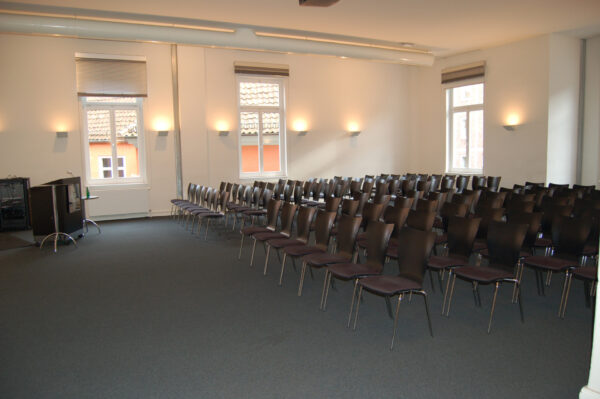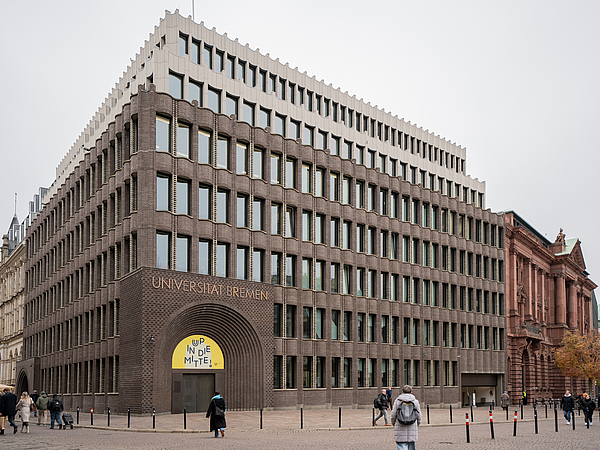
20 Years into the Future: What is our vision of media, data, and society?

Conference topic & registration
Details on the conference topic, the call for papers and registration for participants
20. August 2025

Conference program
Program of the international ZeMKI anniversary conference 2025: "20 Years into the Future: What is our vision of media, data, and society?"
20. August 2025

Directions, Locations, Accommodation
Information on directions, conference locations in the city of Bremen and accommodation options
20. August 2025

